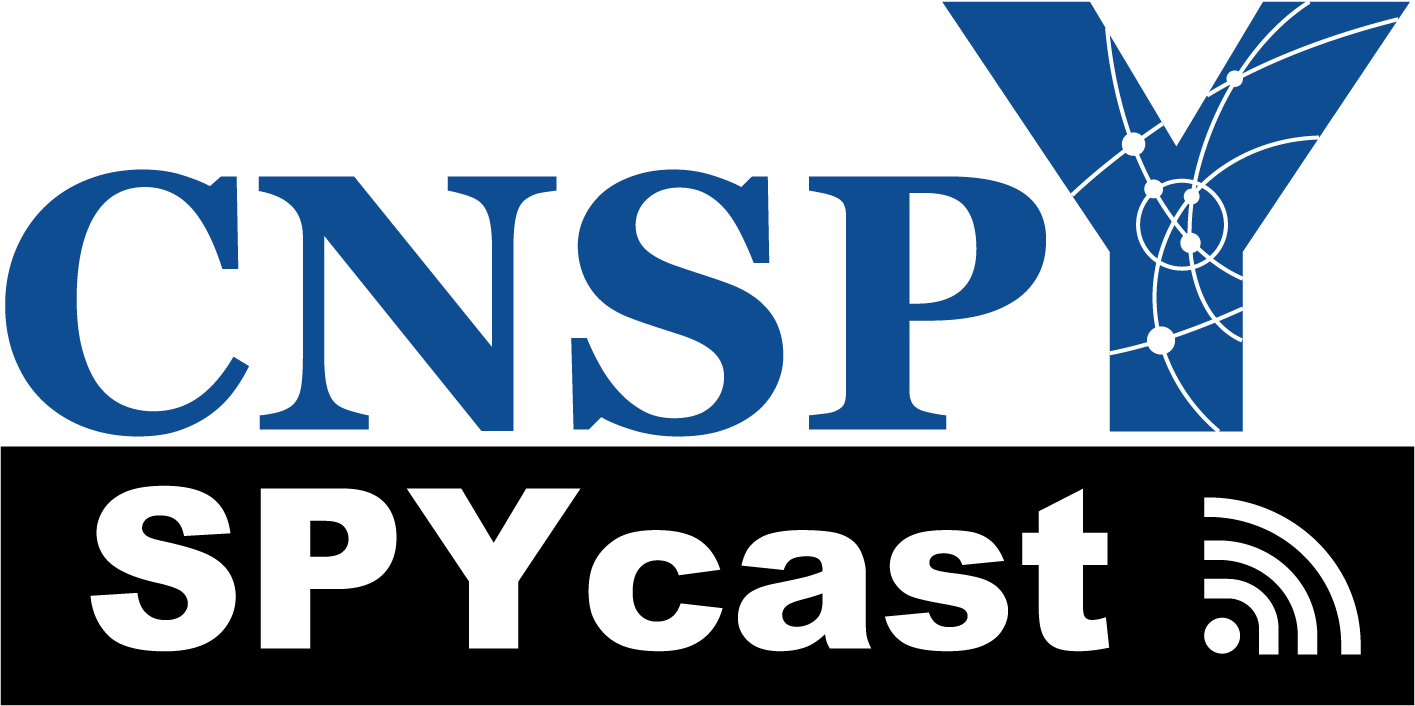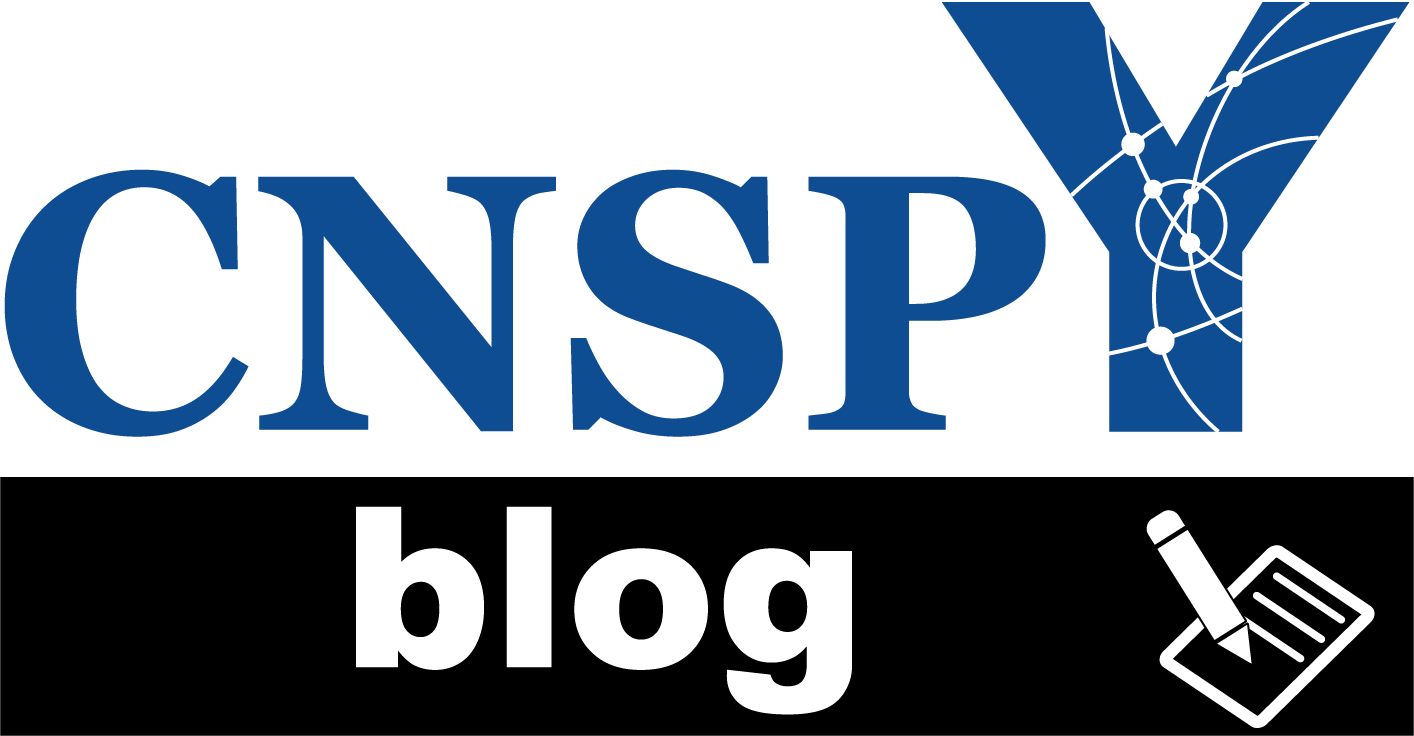Careers as Entrepreneur
with Dr. Susan Froshauer
On March 8th, CNSPY hosted a small group discussion with Susan Froshauer, PhD, the president and CEO of CURE (Connecticut United for Research Excellence, Inc.). A wide range of attendees, from basic science to clinical research at all career stages, attended and were eager to discuss careers in entrepreneurship, biotechnology, and the pathways to biotechnology start-ups.
Dr. Froshauer completed her post-doc here at Yale and then applied for a position at Pfizer. Initially a research group leader, Froshauer ended up working to connect researchers outside of Pfizer with researchers at Pfizer and setting up deals to coordinate technology. She then moved on to start her own company (now Melinta), before becoming the Director of the Technology Exchange Portal at the University of Connecticut’s Office of Economic Development. Finally, she joined CURE, and also serves as an Entrepreneur in Residence at the Yale Entrepreneurial Institute.
We discussed the history and evolution of CURE. The founders of CURE wanted to be able to educate government officials and local CT citizens about what biotech/ science research/ pharma means, and also to create a hub of biotechnology research that could support the recruitment of the best research talent to CT. CURE is largely funded by membership (including UCONN/YALE/Pfizer) and serves as a resource for connecting the different aspects of biotech research, and has also formed a research incubator where bench space/lab space can be rented. We learned that CURE was a great resource for information and network building for local biotech start-ups. The Conneticut Innovations program promotes the entrepreneurial work in the state, they have seed money and investment money as well as competitions, internship money and networking opportunities.
Dr. Froshauer also offered a lot of insight into how to turn a good idea into a start-up company. We learned that there are generally two ways to build a start-up. The first (and most typical) is to bootstrap the company by starting small and building up in bits and pieces. An example of this method is the local company BioHaven. A second much harder method is, like the company Arvinas, to have an attractant, a good idea, and a strong business plan, and get a lot of money invested up front. This method is difficult unless you have a proven record of successful ventures that investors can consider as value added.
After you come up with an idea, it is essential to examine your plan/business idea with a critical eye. Examine the product, the market need, and the business model. Submit a patent application if possible. Then it is essential to pressure test the idea (Can it be patented? Is it really novel? Who is the competition? What is the value and value buildup?) The Yale Entrepreneurial Institute can help with this process.
One of the key recurrent points was learning to leverage your personal experience and expertise, the resources around you and your personal network. It is essential to leverage this network to find people with the knowledge, skill, and money you lack to evolve your idea. You have to be able to convince investors that you know how to move the idea from basic research, to regulatory, to toxicology studies, to clinical trials, to a product for FDA testing.
This small group discussion helped to break down some of the mystery of how to start your own business and to become an entrepreneur. It takes a great idea, a strong business plan, a smart use of the resources around you and perhaps most importantly: Network, network, network!






